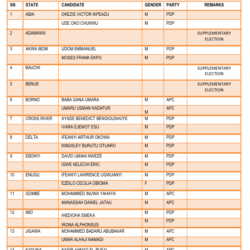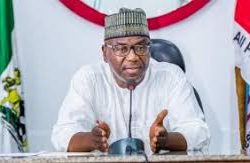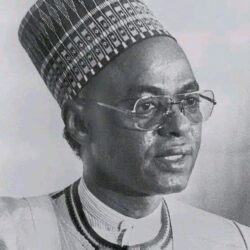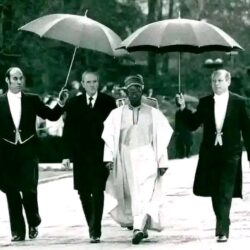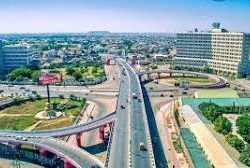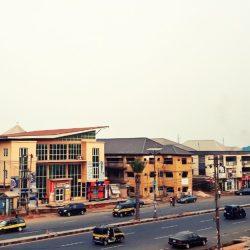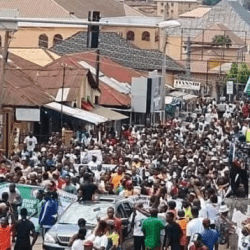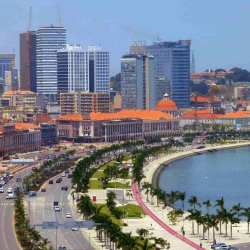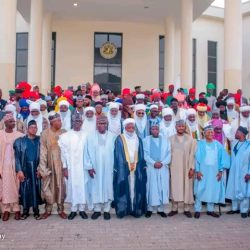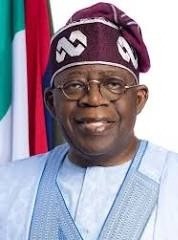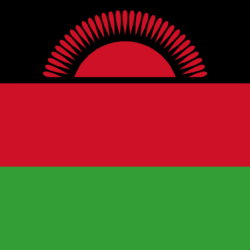Several former governors and current or former ministers in Nigeria have faced or are facing prosecution on various charges, often related to corruption, financial misconduct, or abuse of office. Here are some notable cases:
- Orji Uzor Kalu (Former Governor of Abia State): Initially convicted of financial mismanagement and embezzling funds while serving as governor. Although his conviction was overturned on technical grounds, he has been retried, with the case ongoing.
- Jolly Nyame (Former Governor of Taraba State): Convicted on charges of misappropriating public funds while in office and sentenced to prison. Although he was later pardoned, his case remains a landmark in Nigerian anti-corruption efforts.
- Joshua Dariye (Former Governor of Plateau State): Also convicted on charges of corruption and sentenced to prison. Like Nyame, he received a presidential pardon after serving part of his sentence.
- Lucky Igbinedion (Former Governor of Edo State): Faced charges related to financial crimes and embezzlement during his tenure. He agreed to a plea bargain but was re-arrested on new charges in later years.

In addition to former governors, current and former ministers have also faced prosecution:
- Diezani Alison-Madueke (Former Minister of Petroleum Resources): Has faced multiple charges of embezzlement and money laundering, with both Nigerian and international agencies seeking her prosecution. While currently residing abroad, she is facing legal actions in the UK and Nigeria.
- Bello Mohammed Adoke (Former Attorney General and Minister of Justice): Facing prosecution related to the Malabu oil scandal, which allegedly involved corrupt dealings and mismanagement of oil resources.
- Godswill Akpabio (Former Minister of Niger Delta Affairs and former Governor of Akwa Ibom): Although not convicted, he has faced scrutiny and investigations related to alleged misappropriation of funds during his tenure in both positions, with ongoing calls for further investigations.
These cases reflect ongoing efforts by Nigerian anti-corruption agencies, like the Economic and Financial Crimes Commission (EFCC), to address corruption in public office. However, the outcomes often vary due to legal complexities, political influences, and challenges in the judicial process.

